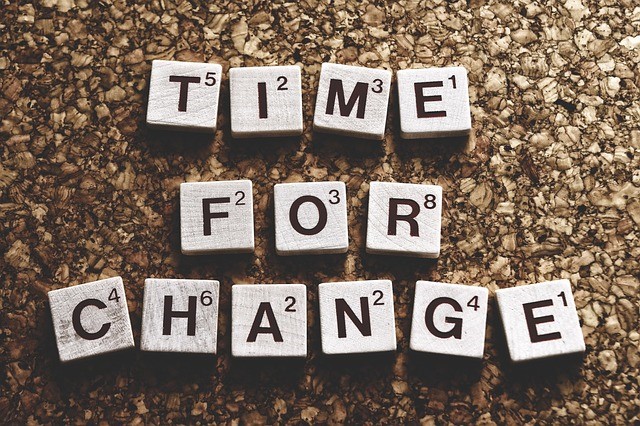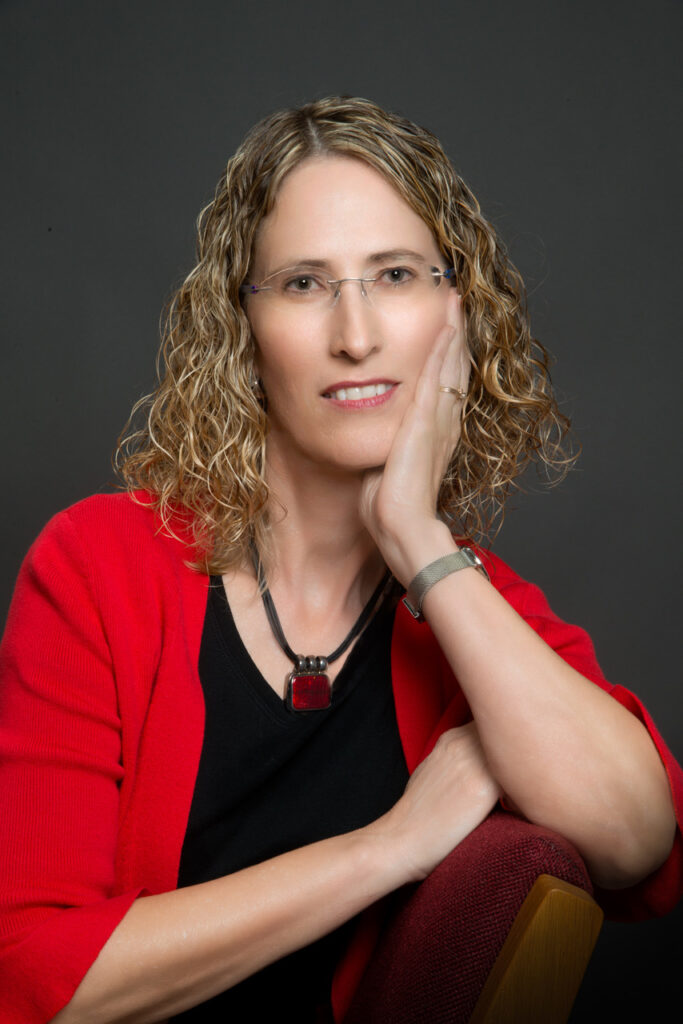
I thought I had arrived: a tenure-track position at a Christian university. Excited—and naïve—I settled into my office that mid-July eagerly anticipating the opportunity to teach and to create new collegial bonds. While my status as one of the new faculty members ensured many introduced themselves and offered genuine welcome, the reality of being the new female hire in the religion department also meant I was a spectacle: who was this woman willing to throw in her lot with that male bastion of ten?
My academic honeymoon ended before it began as I learned firsthand the politics of change. In establishing an inclusive language requirement, I had set myself apart—a target, really—for students, parents, and administrators to see me as a problem. Before long I was labeled by students (and perhaps by some faculty and staff) as the campus “feminazi.” An issue of the campus newspaper featured me in a large cartoon, depicting me with a “hitleresque” mustache in front of seated students wearing prison garb. Speaking from the lectern, I was presented by the cartoonists as claiming “Jesus was a woman.”
Shortly after I achieved tenure, I left that university and began teaching at an institution with a denominational affiliation, but less directly tied to specific faith claims. I was surprised, however, when I discovered that, even there, I was one of the very few professors to require inclusive language. Even though the administration supported my feminist convictions in theory, the university structure was hierarchical and those who filled the highest positions were overwhelmingly male. While there, I had an encounter with my supervisor where he articulated an imaginary scenario with sexist and sexual overtones. It was such an appalling statement that I failed to realize what had occurred until reflecting on it many hours later.
I share these experiences not to hurl accusations into the past, but rather as illustrations of how enshrined sexism in institutions of higher education perpetuates itself, affecting students, faculty, and staff, alike. If we want to create different kinds of institutions, ones that are egalitarian in practice as well as theory, there must first be an awareness of and dedication to changing the relationship between language and power.
Whether one is conscious of it or not, language shapes thought, enabling people to make sense of the world. This means that words can do harm by perpetuating stereotypes and marginalizing groups or individuals. More positively, words can be employed to increase connections and build more equitable systems. In all cases, the language we use makes a crucial difference.
As I’ve written elsewhere, our culture’s exclusive language makes women invisible and reinforces sexism. How many times, for example, have you heard the phrase “you guys” used in a group of all genders? I’ve asked this question several times and among many different people and often the response is that they don’t see the problem. Of course, “you guys” means everyone. Try turning the tables and address the same group as “you girls” and suddenly our linguistic sexism raises its head. No one would ever think “you girls” means everyone.
So, invisibility is one problem, but so is the way we denigrate girls and women by language. Phrases like “throws like a girl,” “woman driver,” and “what a wuss,” are only just a few ways we harm women with our words. While this harm is difficult to quantify, a study in 2020 confirmed the relationship between gendered language and gender roles. “It’s the reasons why,” Odessa S. Hamilton writes, “professional women are more likely to be relegated to stereotypically feminine tasks in the workplace, such as note-taking, event organization, and coffee runs, while men in the same orbit are instinctively selected for delegation, supervision, and client-facing tasks.”
Current conversations about gender and language are being shaped by greater awareness to trans and non-binary persons. Because of this, faith-based colleges and universities are well-positioned to observe and employ this as an opportunity to stand with those who are on the front lines of being marginalized and harmed. This is a time to take seriously the ways in which our language either builds bridges of understanding and connection or puts up barriers that create more division.
Here are ways some suggestions for changing campus culture:
- If your institution does not have an inclusive language policy, implement one. This should be used across the university so that there are no inconsistencies. And please, no more use of the exclusive “freshman.” “First-year students” is an easy substitute and it alerts students that the place they have chosen takes care in how all are welcomed. Making this known up front also provides a ready-made teachable moment, not only in all classes, but also in other places like registration, student life, and faith-based activities. Review the catalog and all university-wide materials to ensure that there are not silos on campus where exclusive language persists. This should include materials produced by offices such as admissions, financial aid, and athletics. In addition, syllabi for full-time, adjuncts, and/or occasional faculty should include the inclusive language policy adapted by the university.
- Provide a common resource to include in all syllabi that not only introduces students to the inclusive language policy, but also utilizes specific illustrations of how to edit writing that is exclusive so that it becomes inclusive. In other words, reviewing the syllabus should be an opportunity to emphasize the importance of language in creating a community of learners. I realize it is sometimes an uphill battle to get faculty to agree. If, however, the importance of language is not maintained by the whole, it will quickly devolve into one more place where marginalization becomes the norm.
- Expand the language and metaphors used for divinity. In all likelihood, this is the most important and also the most challenging change. Even theologically progressive institutions struggle with how we talk about God and some continue to believe this indispensable work is unnecessary. Nevertheless, Mary Daly’s prescient statement that “if God is male, then male is God,” has become strikingly perceptive in our current cultural milieu where masculinity masquerades as divine-inspired power.
While I no longer work as a university professor, instead bringing my knowledge, skills, and training into the context of a church community, I still labor to address the challenges of how we communicate with and about each other. In these efforts, I’ve been inspired by Nelle Morton (The Journey Home) who identified and encouraged people to hear each other into speech. She took to heart the realization that we connect with others only when we create truly open space, where the process of deep listening—the kind that always comes first—cultivates the ability to speak truth to power.

Kendra Weddle bio: Kendra Weddle is scholar-in-residence at Northaven Church in Dallas, Texas, where she enjoys writing liturgy, preaching, and teaching in small group settings. She is currently collaborating with Rev. Dr. Jann Aldredge-Clanton on a book of inclusive hymns and worship materials. Her website is kendraweddle.com.
